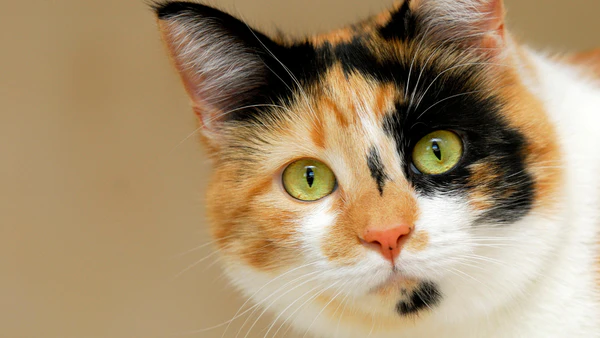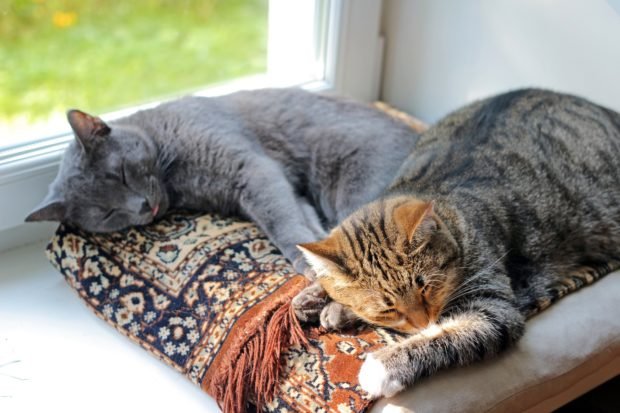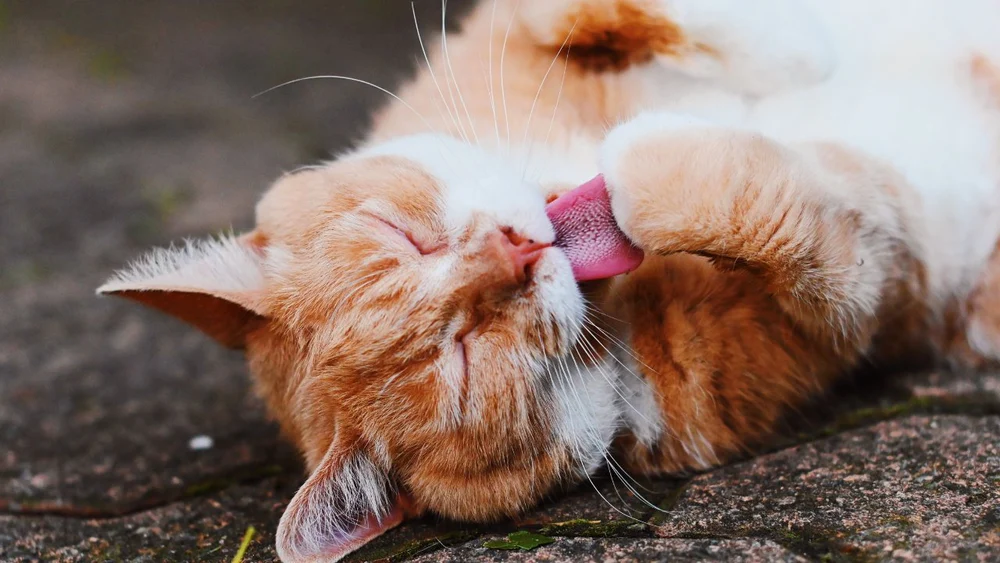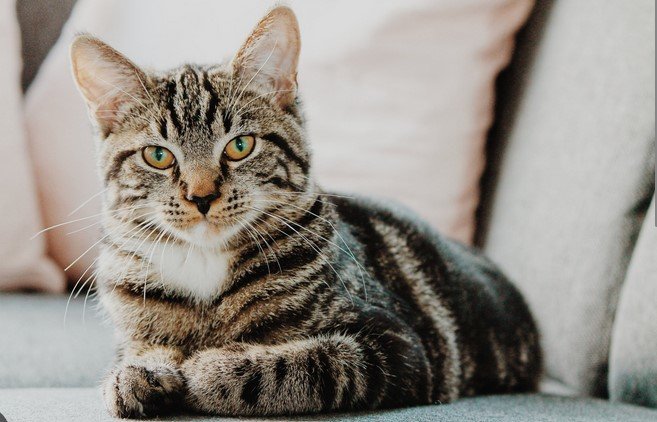When it comes to choosing a feline companion, understanding the unique traits of female cats can help you build a stronger bond and provide better care. Female cats, like their male counterparts, have distinct characteristics influenced by biology, environment, and individual personality. Let’s explore what makes female cats unique and what you can expect as their caretaker.
1. Smaller Physical Build
Generally, female cats are slightly smaller than males of the same breed. This difference isn’t dramatic but can be noticeable in their body structure and weight. Despite their size, female cats are agile, active, and just as capable of athletic feats as male cats.
2. Independent Nature
Female cats often display a more independent demeanor compared to males. While this doesn’t mean they lack affection, they might prefer to show it on their terms. Expect your female cat to seek cuddles occasionally but also enjoy her alone time.
3. Maternal Instincts
Unspayed female cats have strong maternal instincts. Even without kittens, they may adopt nurturing behaviors, such as “caring for” toys or grooming other pets in the household. This is a fascinating and endearing aspect of their behavior.
4. Territorial Behavior
Female cats can be territorial, especially if they feel their space is threatened. This trait is more pronounced in unspayed females, who may mark their territory or exhibit defensive behaviors. Spaying often reduces these tendencies.
5. Heat Cycles and Vocalizations
Unspayed females experience heat cycles, during which they may become more vocal and affectionate. These cycles can be frequent and intense, involving loud meowing and increased activity. Spaying your cat can eliminate heat cycles and associated behaviors, contributing to a calmer demeanor.
6. Affectionate Yet Reserved
While female cats can be affectionate, they often show their love in subtle ways. They might sit nearby instead of on your lap, gently nudge you with their head, or purr softly when you’re around. Their reserved nature can make these moments of connection even more special.

7. Bonding Tendencies
Female cats often form strong bonds with one or two individuals in their household. This can lead to deep loyalty and affection toward their chosen person. If you’re the lucky recipient of their trust, it’s a bond that will last a lifetime.
8. Intelligence and Problem-Solving
Female cats are often observed to be excellent problem solvers. Their intelligence and curiosity can make them quick learners, whether it’s figuring out how to open a cabinet or mastering a new trick. Provide mental stimulation with interactive toys and puzzles to keep their minds sharp.
9. Grooming Habits
Female cats tend to be meticulous groomers. They often spend more time than males keeping themselves clean and well-maintained. This grooming routine can extend to other pets or even their human companions, as part of their nurturing nature.
10. Health Considerations
Spaying is essential for female cats, as it reduces the risk of certain health issues such as uterine infections and ovarian cancer. Additionally, spayed females are less likely to roam or engage in risky behaviors associated with mating.
11. Social Dynamics in Multi-Cat Homes
In multi-cat households, female cats may assert dominance differently than males. While males often display dominance through physical actions, females may use subtle cues like body language or vocalizations to establish their place in the hierarchy.
12. Lifelong Curiosity
Female cats retain their playful and curious nature well into adulthood. They enjoy exploring new environments, investigating unfamiliar objects, and engaging in interactive play. This trait makes them delightful companions, as they often surprise their owners with their antics.
13. Patience and Persistence
Female cats are known for their patience, whether it’s stalking a toy or waiting for the perfect moment to pounce. This trait reflects their instinctive hunting skills and adds a layer of intrigue to their playful behavior.
14. Adaptability
While female cats can be reserved, they adapt well to changes in their environment when introduced gradually. Whether it’s a new pet, a new home, or a change in routine, they can adjust with time and support.
Conclusion
Female cats are wonderful companions with unique traits that make them special. Their blend of independence, intelligence, and subtle affection creates a deep and rewarding relationship. By understanding their behavior and needs, you can ensure a happy and fulfilling life for your feline friend. Whether you’re adopting your first cat or adding to your furry family, a female cat can be a loving and fascinating addition to your home.




